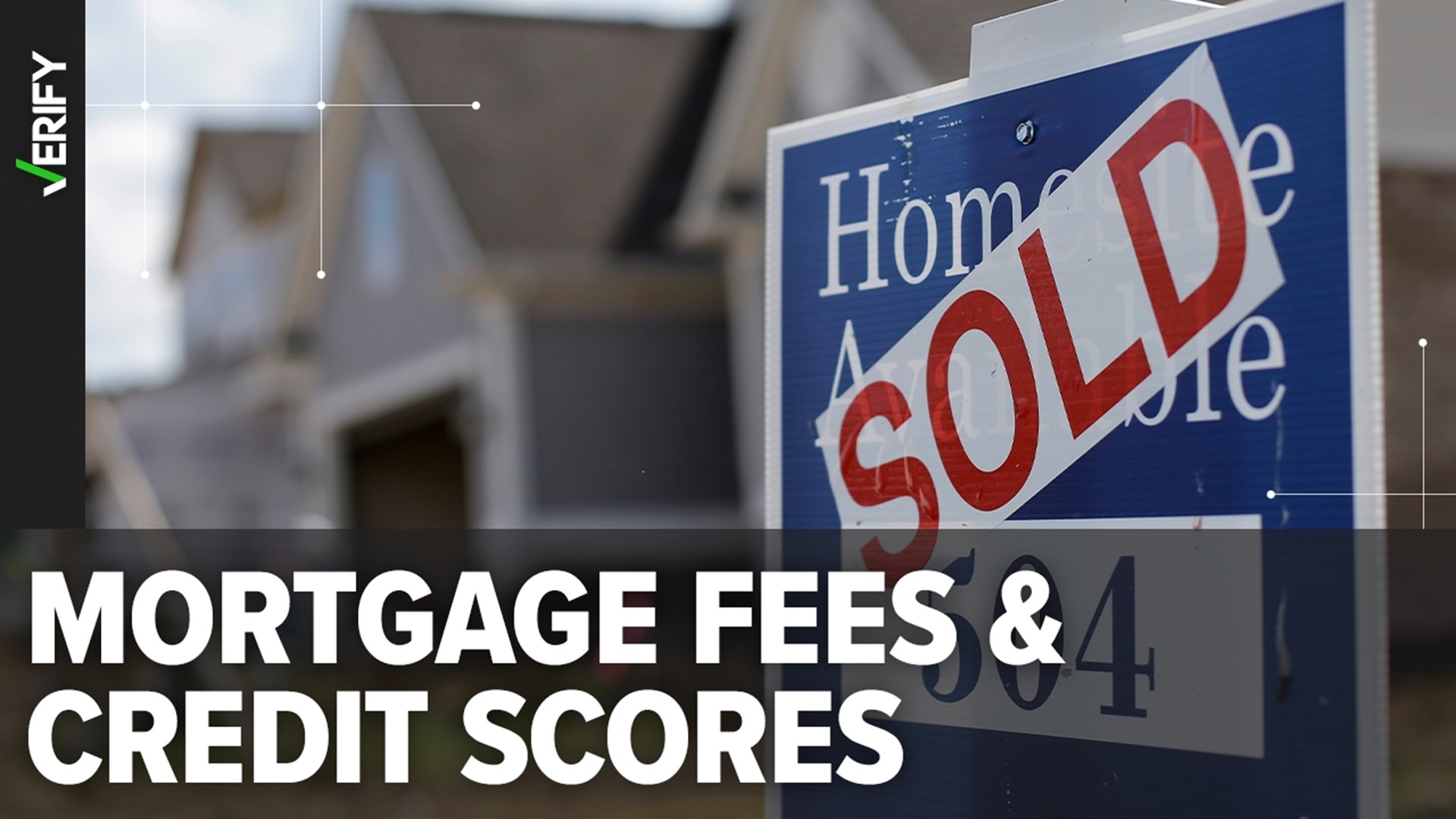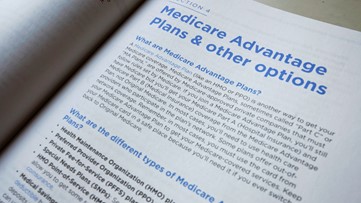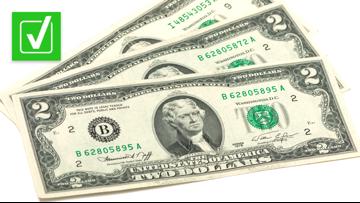Homebuyers in the U.S. are facing rising borrowing costs, with the average 30-year fixed mortgage rate sitting more than 1% higher than where it was one year ago.
Now, news headlines and social media posts claim people with good credit will face added costs under a new federal rule that’s hiking their mortgage fees.
Many VERIFY readers emailed and texted us to ask if these claims are true.
THE QUESTION
Does a new federal rule raise mortgage fees for homebuyers with good credit?
THE SOURCES
- Federal Housing Finance Agency (FHFA)
- Fannie Mae
- The National Association of Realtors (NAR)
- Consumer Financial Protection Bureau (CFPB)
- Federal Deposit Insurance Corporation (FDIC)
- Anurag Mehrotra, assistant professor of finance at San Diego State University’s Fowler College of Business
- Holden Lewis, home and mortgage expert at NerdWallet
THE ANSWER
A new federal rule means homebuyers with higher credit scores might see their fees on new mortgages increase, depending on their down payment amount. People with lower credit scores will generally see their fees decrease.
While people with higher credit scores are getting a smaller break than before, they will still pay lower overall fees than someone with a lower credit score.
WHAT WE FOUND
The Federal Housing Finance Agency (FHFA) is implementing changes to mortgage fees on conventional loans backed by Fannie Mae and Freddie Mac. When you take out a mortgage from the bank, in many cases these government-sponsored companies are actually the ones guaranteeing it.
The fees, which are called loan-level price adjustments (LLPAs), are a percentage of the home loan amount and based on factors such as your credit score and down payment. FHFA said the changes are part of its broader goal to “create a more resilient housing finance system” and ensure equitable access to mortgages for more homebuyers.
The LLPA changes based on credit score are effective for loans securitized before May 1, 2023, NerdWallet home and mortgage expert Holden Lewis said. Since it takes time to securitize mortgages, borrowers have already been paying these updated fees since the middle of March or the beginning of April, depending on their lender, he added.
This doesn’t change anyone’s existing mortgage payment.
The changes also do not impact mortgages that are insured or guaranteed by other agencies, including the Federal Housing Administration (FHA), the Department of Veterans Affairs (VA) or the Department of Agriculture, Lewis said.
Under the new federal rule, many homebuyers with higher credit scores who make down payments between 5 and 30% will see their fees increase compared to the current rates.
People with lower credit scores will generally see their fees decrease, regardless of the size of their down payment.
But the FHFA says the updated fees “do not represent pure decreases for high-risk borrowers or pure increases for low-risk borrowers.”
“Many borrowers with high credit scores or large down payments will see their fees decrease or remain flat,” the agency added.
Despite the fee changes, homebuyers with higher credit scores will still pay lower total fees than someone with a low credit score, housing and mortgage experts told VERIFY.
“Higher-credit-score borrowers are not being charged more so that lower-credit-score borrowers can pay less,” FHFA said. “The updated fees, as was true of the prior fees, generally increase as credit scores decrease for any given level of down payment.”
For example, a person with a credit score of 740 who makes a 20% down payment on a home used to pay an LLPA fee of 0.5% on the total loan value. Now, under the new rules, their fee will increase to 0.875%.
A person with a credit score of 640 who puts 20% down will now pay a lower LLPA fee of 2.25%, compared to the previous fee of 3%.
Though the LLPA fee decreased for a person with a credit score of 640, their fees are still higher than those for the homebuyer with a 740 credit score.
There are also scenarios where LLPA fees drop for buyers with both higher and lower credit scores, depending on their down payment amount.
For example, two buyers with the same credit scores in the above scenario would see their fees drop if they make the minimum down payment of 3%.
Under the old fee structure, a homebuyer with a credit score of 740 would have paid a fee of 0.75% compared to 0.5% now.
A buyer with a credit score of 640 would have paid 2.75% under the old rules. Now, they pay a 1.5% fee.
Watch the animation below for a breakdown of the two scenarios.
So how do these fees relate to interest rates?
Mortgage lenders often factor LLPAs into a borrower’s interest rate for their mortgage loan, rather than charging them a direct fee, Anurag Mehrotra, an assistant professor of finance at San Diego State University’s Fowler College of Business, explained.
For example, if your LLPA fees are 1% of your home loan amount, your mortgage lender might raise your interest rate by 0.25% instead, Lewis said.
But people with higher credit scores also qualify for lower interest rates on their mortgage loan, saving them money in the long run.
This new fee structure may look like it’s more economical for homebuyers to make smaller down payments. But FHFA says that’s not the case.
Borrowers who make a down payment of less than 20% will still have the added cost of private mortgage insurance (PMI), the agency said. People typically pay for their PMI through a monthly premium that’s added to their mortgage payment.












